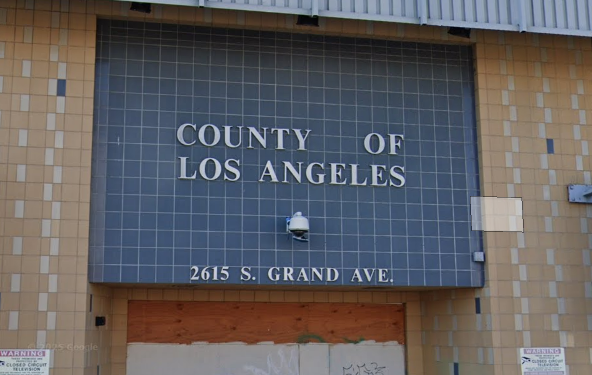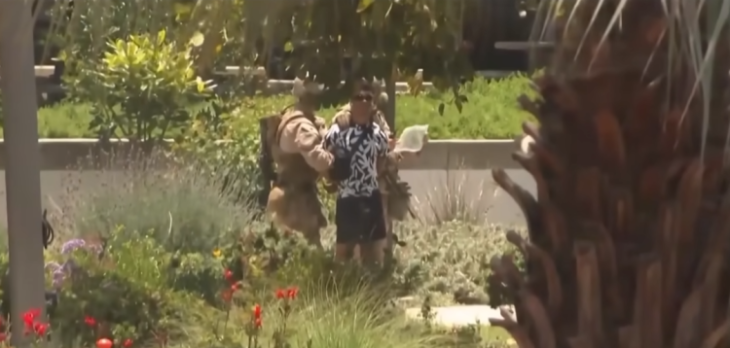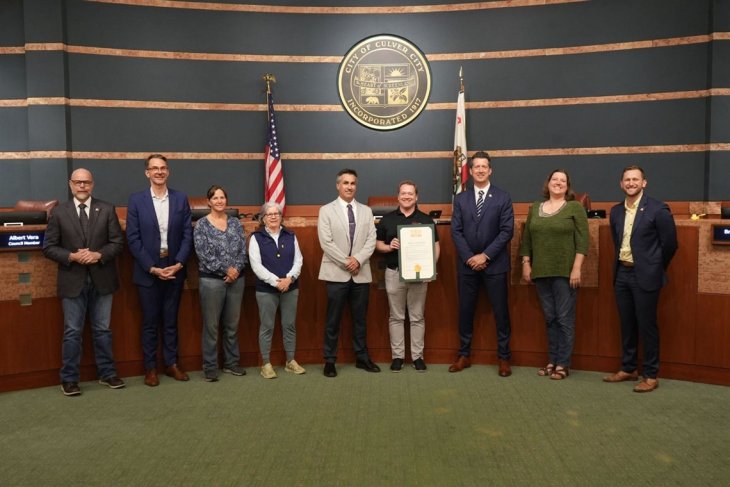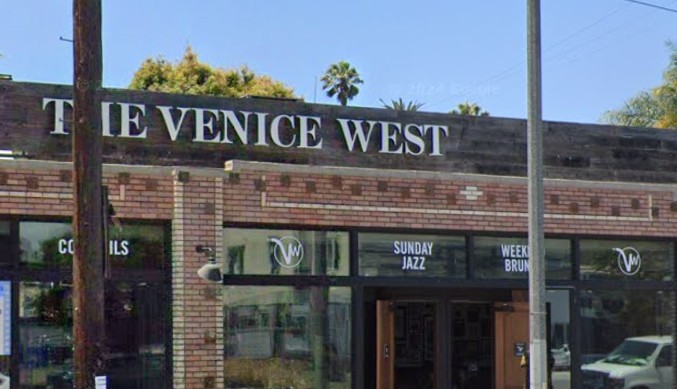
A forensic musicologist told jurors on Tuesday in a Los Angeles federal copyright trial that hit songs by Robin Thicke and Marvin Gaye are “very, very different” and that contested musical passages in both songs have little in common.
Sandy Wilbur, a New York-based composer and producer who has served as a consultant in other music copyright cases, testified for the defense in litigation alleging that more than a half-dozen key elements in Thicke’s 2013 megahit “Blurred Lines” were derived from Gaye’s 1977 chart-topper “Got to Give It Up.”
During hours of questioning by Thicke attorney Seth Miller, Wilbur said “Blurred Lines” did not share any melodic phrases, harmonies, two-note sequences, verse melodies, pitch or a rhythm pattern in common with the Gaye track.
Using a keyboard in the witness box, Wilbur played the “Blurred Lines” verse melody, followed by the same section from “Got to Give It Up,” concluding that the sections were “very, very different.”
Wilbur was called by Thicke’s side on the trial’s fifth day after attorneys for Gaye’s children wrapped up their case.
“There are no virgin births in music — we’re all inspired by people who came before,” Wilbur told the jury. “Marvin Gaye was a brilliant man who was inspired by others, just as he inspired others.”
Asked what percentage of “Blurred Lines” was similar to the “Got to Give It Up” sheet music — which is the central issue in the case — Wilber responded, “Somewhere under 5 percent.”
Since Thicke took the stand for several hours last week, the case has become a battle of musicologists testifying as expert witnesses on the alleged similarities — or lack of them — between the songs.
Thick and co-defendant Pharrell Williams were not in court today, but could testify Wednesday. Closing arguments are expected the following day.
On Friday, plaintiffs’ musicologist Ingrid T. Monson told the eight- member civil jury that similarities between the two songs could be found in comparisons of “melody, harmony and phrase structure,” while keyboard and bass parts are “shared.”
Playing for the jury a prepared recording in which a keyboardist plays a segment of “Blurred Lines” with Gaye’s isolated “Got to Give It Up” vocals superimposed over the top, Monson testified that the “melodies and harmonies are compatible.”
Responding to Gaye family attorney Richard S. Busch, Monson said it was “possible that while ‘Blurred Lines’ was being created, ‘Got to Give It Up’ was playing in the background.”
That answer was stricken by U.S. District Judge John A. Kronstadt.
The lawsuit was originally brought two years ago by Thicke, singer/producer Williams and song co-writer Clifford “T.I.” Harris Jr. as a preemptive strike to protect “Blurred Lines’ from legal claims that it was derived from the decades-old Gaye hit.
Frankie and Nona Gaye then filed counterclaims alleging that Thicke’s apparent fascination with their late father led to the misappropriation of Marvin Gaye’s work in the creation of “Blurred Lines” and the title track of the pop star’s 2011 “Love After War’ album.
The Gaye clan contend that Thicke and Williams plagiarized at least eight key elements of “Got to Give It Up.”
At issue is whether Thicke and Williams lifted the Gaye song’s compositional parts, including the melody line found on the registered sheet music, rather than the overall sound and atmosphere of the record.
Thicke testified Tuesday that he couldn’t read music, and Williams indicated as much in an April 2014 deposition played for the jury.
The Gayes contend that “Blurred Lines” has earned more than $40 million, including $11 million in tour proceeds, since its 2013 release.
Thicke co-counsel Howard E. King countered that although the song was profitable, its earnings were not close to the $40 million figure. King also said that the Gaye family earns about $100,000 a year from “Got to Give It Up” alone.
Writing credits on “Blurred Lines” are shared by Thicke, Williams and Harris, while the production is credited to Williams.
The Gayes’ lawsuit also accuses Thicke of lifting from their father’s “After the Dance” for “Love After War.”
“Blurred Lines” sold about 15 million copies worldwide, according to Billboard.
Marvin Gaye was shot to death by his father in Los Angeles on April 1, 1984.





















